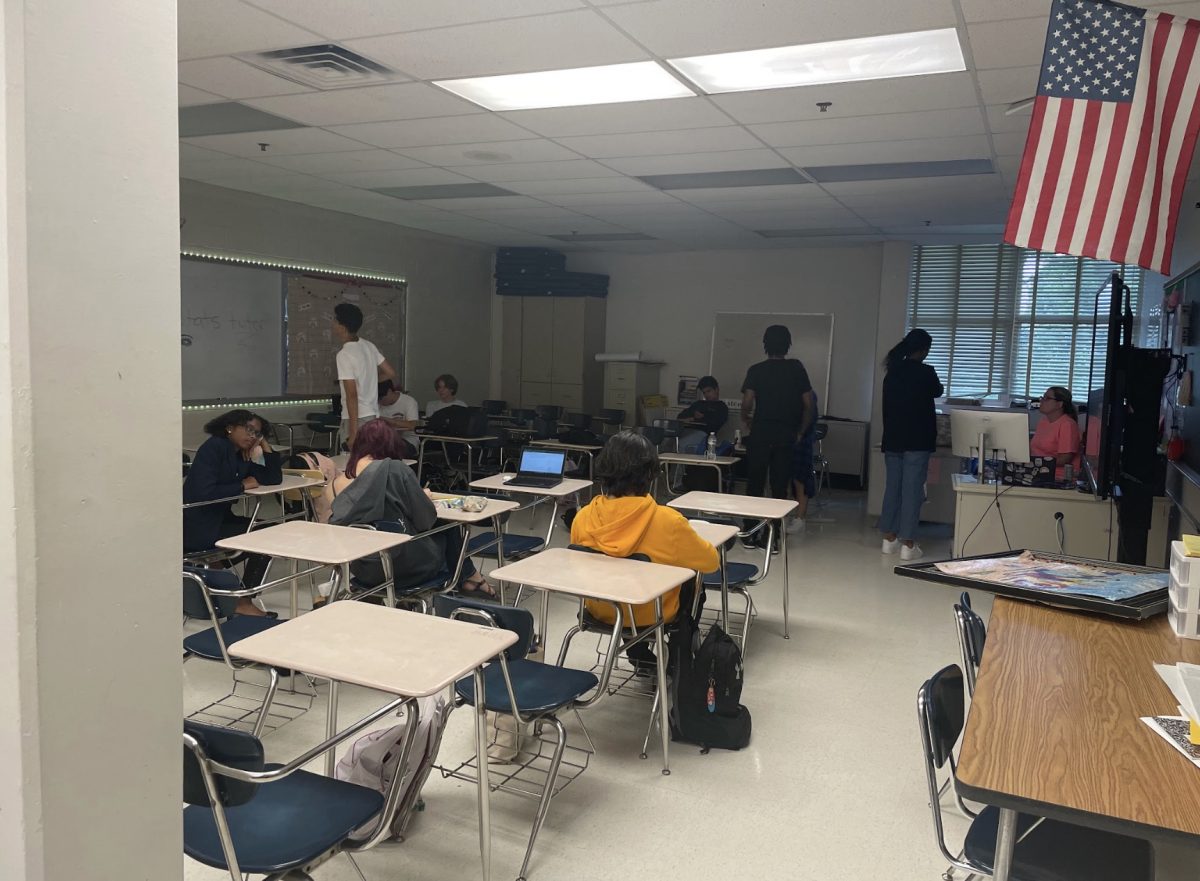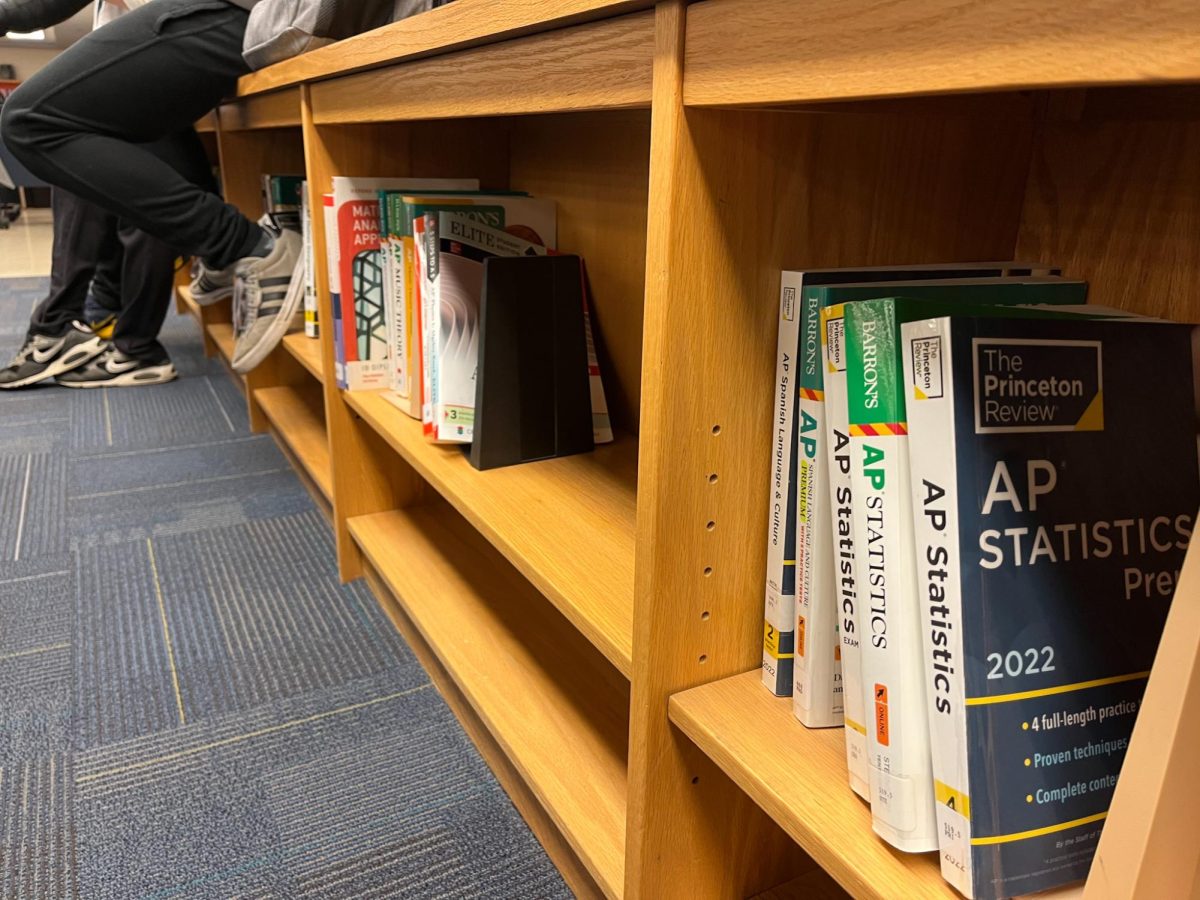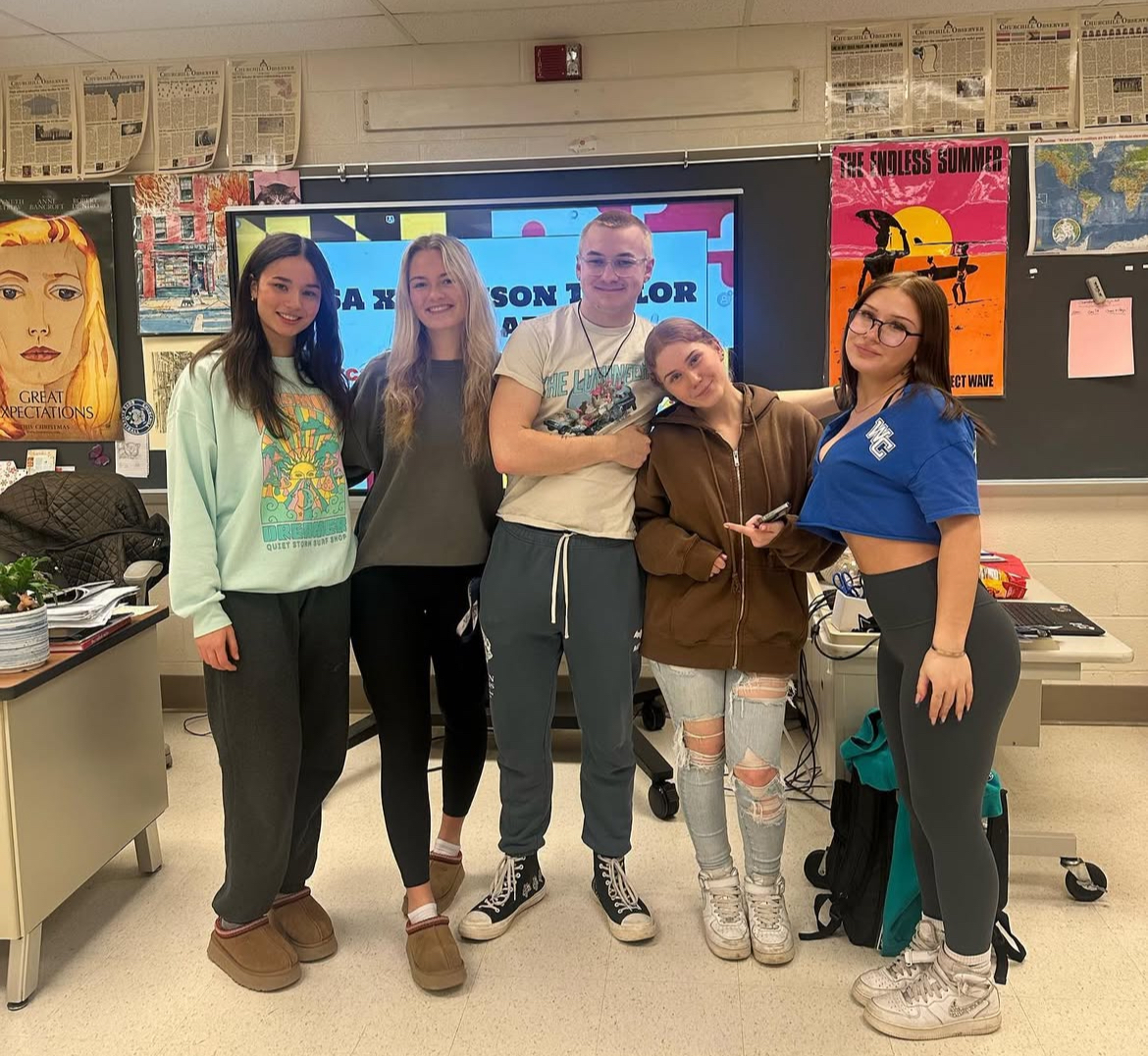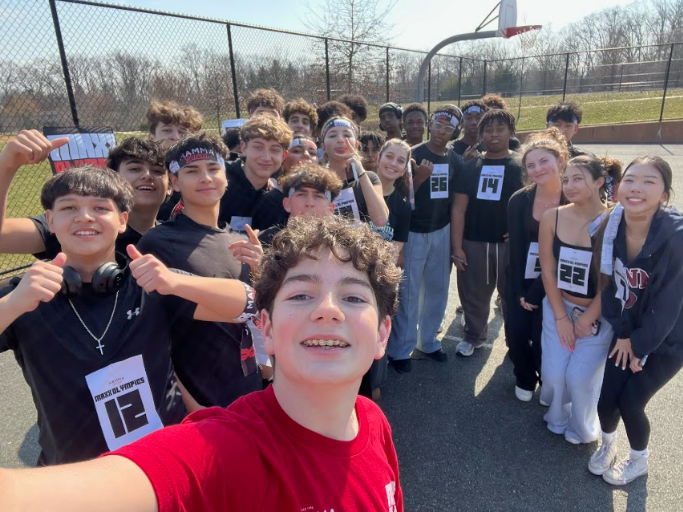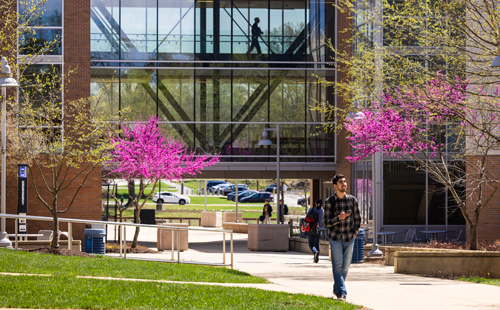Has health class ever been engaging for students? According to Maryland’s Board of Education, there have been several updates to the health curriculum over the years to make the course more enjoyable and informative for students. Within MCPS specifically, curriculum updates include obligatory training in CPR and AED machines, sexual assault awareness and prevention and heroin and opioid education, but the most recent and drastic update was transitioning health from a required semester course to a full year. Despite these changes, however, some still feel that they are not enough to fully educate students.
“I think there’s a little too much research and not enough doing,” WCHS health teacher Tracy Sachs said. “I believe the [full] year is beneficial, but the course needs to continue to evolve into something that is even more beneficial to students and the community. There’s certainly enough information to cover, it’s just a matter of making it more hands-on and specific. What we go over in health should truly be information that students are able to take forever and apply in their actual lives.”
Sachs is one of many who believe that health as a course could improve if given the chance, but a lot of these new updates have only resulted in busywork assignments for students. However, Sachs acknowledges that change can be slow and emphasizes the importance of the current class and the valuable lessons it can still teach students.
“Health right now has a lot of good aspects as well,” Sachs said. “We teach students basic first aid, CPR and even how to find reliable resources which I feel is one of our more useful lessons because if students know where to find accurate information they can help themselves even when they are no longer taking this course. [This] should be how the entire class functions, ideally.”
The new full year will provide more content for students to go through, but many WCHS students feel that health is a stretched out semester course instead of its own fully fledged class, which could be why the class remains stagnant for students and does not spark interest. With the increase of busywork for students, many think there has not been a significant change in what is being taught.
“The content they teach us is important, but the way they teach us isn’t very effective,” WCHS sophomore Evelyn Johns said. “The assignments don’t connect with the students. The teachers have good intentions but it’s not executed well.”
So what changes could be made to improve health at WCHS? Many believe that MCPS has made strides in the right direction by encouraging more focus on mental health and adding more content students could apply in their lives like basic first aid. Johns believes that these have been positive changes, but that they cannot compensate for the rest of the curriculum.
“A lot of the stuff they do with social media is kind of outdated,” Johns said. “From an adult’s perspective they don’t really know social media like a lot of the students know it. A lot of the issues students face, [specifically social media], the teachers didn’t really have [to deal with] when they were kids. It makes it harder for kids to take the class seriously. And health class is way too saturated with stuff about mental health that gets repeated every year, and does not address basic things like hygiene. ”
Teachers are very aware of this disconnect and want to bridge the gap between them and their students. Sachs has wanted to improve her health class for a while. Shrinking class sizes for a more personalized experience, adding more teachers to a classroom or even having an anonymous forum for feedback from students have all been viable solutions, but ultimately she has come to the conclusion that student collaboration is key to making health educational for students.
“I feel like collaboration in building a health [curriculum] is essential to making it better and building a more understanding community for students in classes,” Johns said. “Overall, health class could be a lot better for everyone if students knew they could learn real-life information from health, and maybe if teachers knew they were making an impact.”
Health at WCHS has the capacity to stop being redundant and to enrich students’ lives, but it does not seem like this will be happening anytime soon, as a drastic change of the curriculum with the input of students will take time and need either MCPS or Maryland’s involvement. It is evident that the WCHS community believes a change is necessary to students being able to learn from health, instead of just going through the motions of assignments.
“It’s very important in terms of revising the curriculum to have students who are living the highschool life give feedback to the educators and tell us what is really important to discuss, and touch on in our lessons.” Sachs said. “I don’t know how you teach [health] without talking to students about what they’re really going through because things have certainly changed since I was in high school.”


